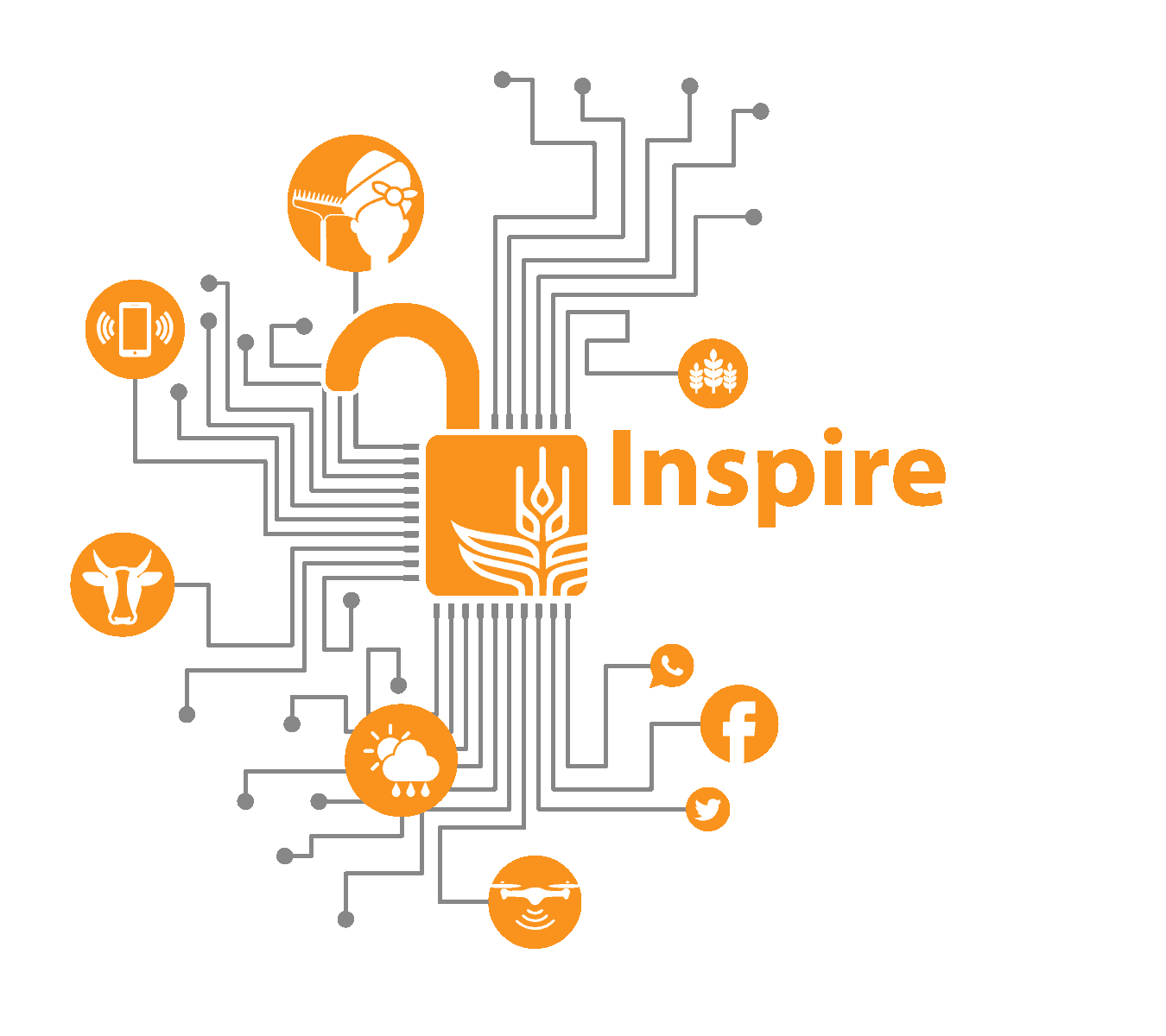2020 Finalist
Smart storage centres for smallholder farmers
Kenya

Most smallholders farmers in Kenya are unable to access efficient storage or receive collateral financing from formal banks if they want to wait for prices to rise. This forces farmers to sell their harvest to the nearest available trader at low price.
Warehouses could be a solution but they are often too large, far from production site, and too expensive for smallholders. Hermetic storage technologies, which control pests by oxygen deprivation and maintain grain quality, are also widely promoted in Africa. However, such technologies have not been scaled yet due to high up-front costs and lack of integration with other economic post-harvest activities such as commodity marketing and financing.
The project proposes to develop a scalable and cost-effective smart hermetic bin by integrating a digital layer. A prototype is ready, which will allow farmer communities to set up small-scale, modular grain storage units, while enabling them to gradually increase size as needed.
Grain quantity and quality is monitored and addressed remotely thanks to IoT technology and ML algorithm, enabling financial institutions to lend securely and buyers to buy at any point during storage. A mobile application will support these units with full suite of services including, control over opening and locking of the bin and remote monitoring of grain quantity and quality.
The project would like to lower postharvest losses by 70%, increase the access to storage by placing it close to farm gate, increase the market value of the harvest by 20%, while ensuring household’s food security. By maintaining grain quality and market value during long periods, smart bins are also important for crisis like COVID-19.
The Inspire Challenge is an initiative to challenge partners, universities, and others to use CGIAR data to create innovative pilot projects that will scale. We look for novel approaches that democratize data-driven insights to inform local, national, regional, and global policies and applications in agriculture and food security in real time; helping people–especially smallholder farmers and producers–to lead happier and healthier lives.
Partners








